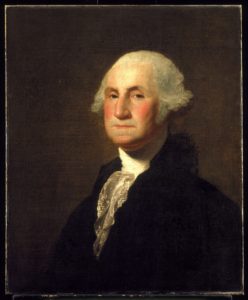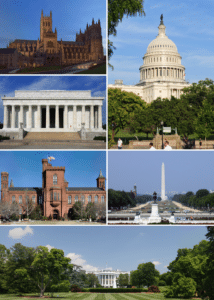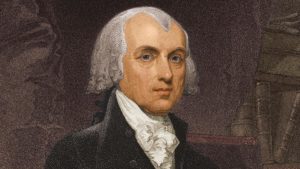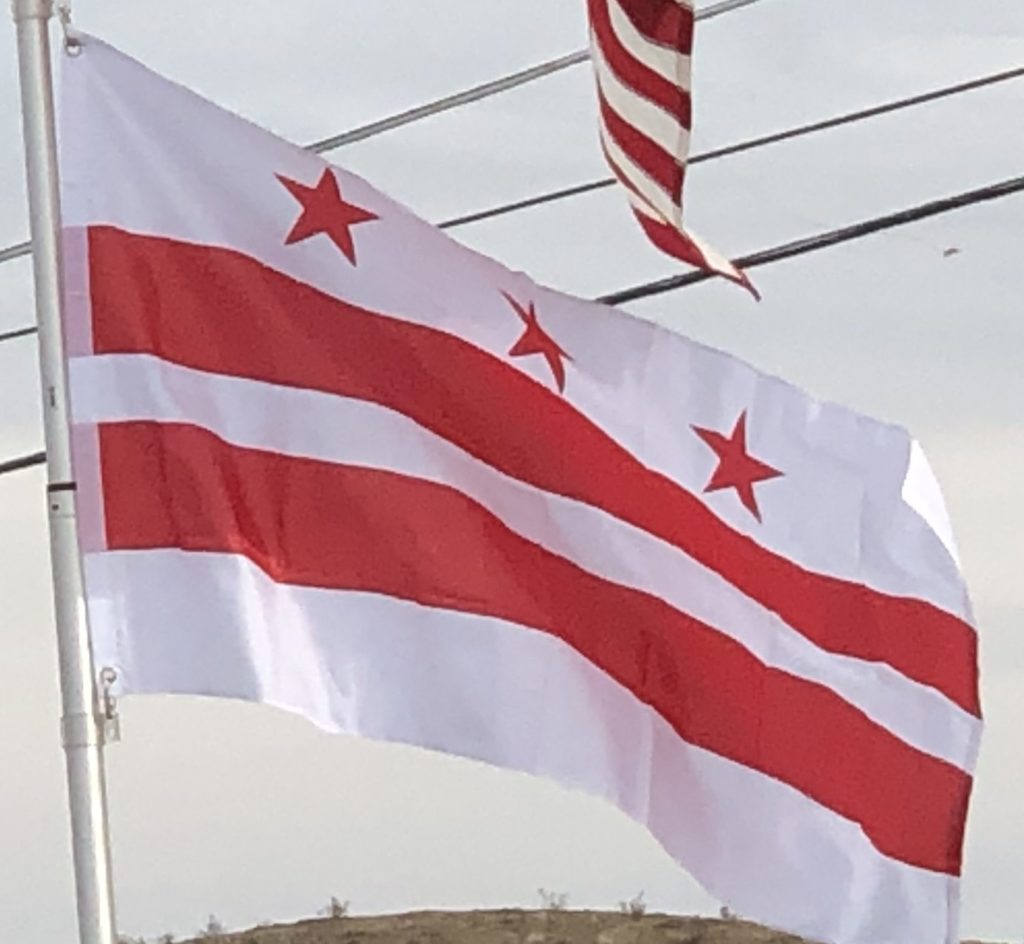Introduction:
Washington, D.C., formally the District of Columbia and commonly referred to as Washington or D.C., is the capital of the United States. Founded after the American Revolution as the seat of government of the newly independent country, Washington D.C. was named after George Washington, first President of the United States and Founding Father. Washington D.C. is the principal city of the Washington metropolitan area, which has a population of 6,131,977.

Washington D.C. is one of the most visited cities in the world, with more than 20 million annual tourists.
The signing of the Residence Act on July 16, 1790, approved the creation of a capital district located along the Potomac River on the country’s East Coast. The U.S. Constitution provided for a federal district under the exclusive jurisdiction of the Congress, and the District is therefore not a part of any state. The states of Maryland and Virginia each donated land to form the federal district, which included the pre-existing settlements of Georgetown and Alexandria. The City of Washington D.C. was founded in 1791 to serve as the new national capital. In 1846, Congress returned the land originally ceded by Virginia; in 1871, it created a single municipal government for the remaining portion of the District.
All three branches of the U.S. federal government are centered in the District: U.S. Congress (legislative), President (executive), and the U.S. Supreme Court (judicial). Washington D.C. is home to many national monuments and museums, which are primarily situated on or around the National Mall.

The city hosts 177 foreign embassies as well as the headquarters of many international organizations, trade unions, non-profit, lobbying groups, and professional associations.
A locally elected mayor and a 13‑member council have governed the District since 1973. However, Congress maintains supreme authority over the city and may overturn local laws. D.C. residents elect a non-voting, at-large congressional delegate to the House of Representatives, but the District has no representation in the Senate. The District receives three electoral votes in presidential elections as permitted by the Twenty-third Amendment to the United States Constitution, ratified in 1961.
History:
Early History:
Various tribes of the Algonquian-speaking Piscataway people inhabited the lands around the Potomac River when Europeans first visited the area in the early 17th century. One group known as the Nacotchtank maintained settlements around the Anacostia River within the present-day District of Columbia. Conflicts with European colonists and neighboring tribes forced the relocation of the Piscataway people, some of whom established a new settlement in 1699 near Point of Rocks, Maryland.
In his Federalist No. 43, published January 23, 1788, James Madison argued that the new federal government would need authority over a national capital to provide for its own maintenance and safety.

Five years earlier, a band of unpaid soldiers besieged Congress while its members were meeting in Philadelphia. Known as the Pennsylvania Mutiny of 1783, the event emphasized the need for the national government not to rely on any state for its own security.
